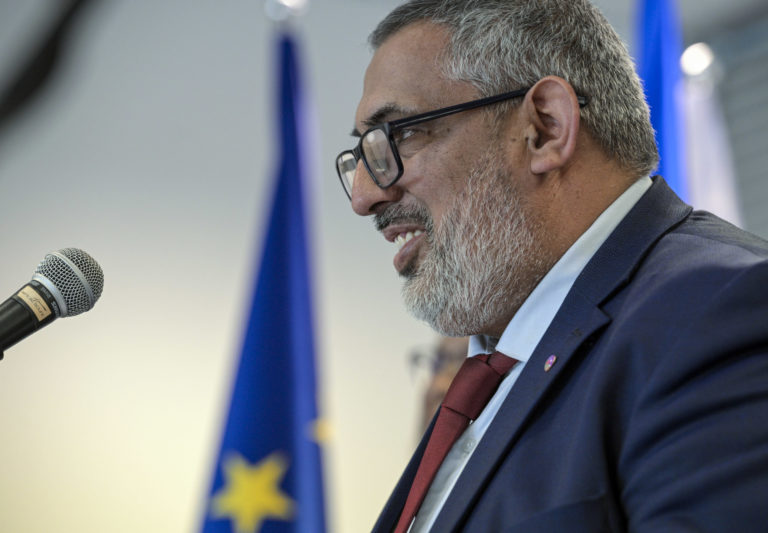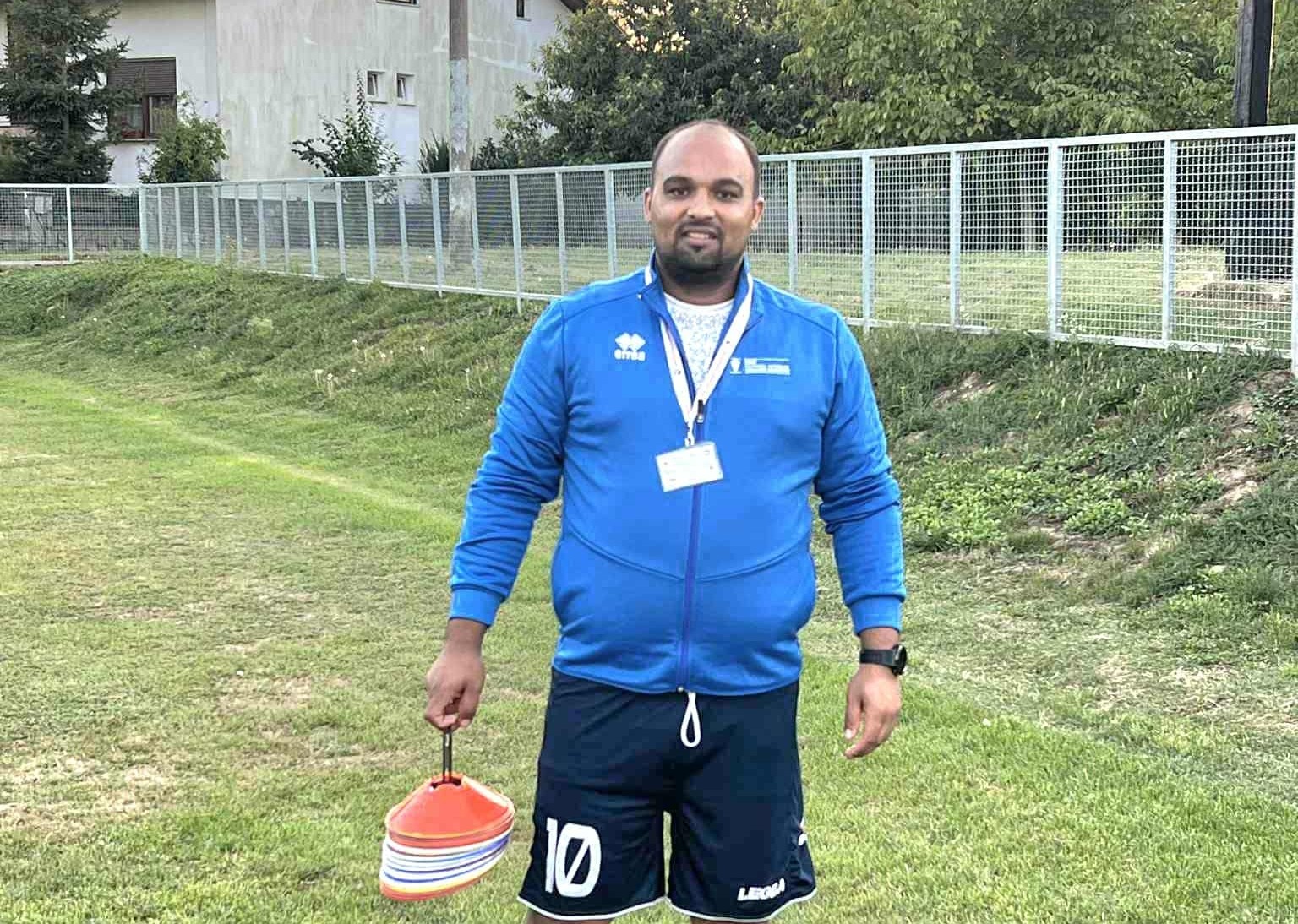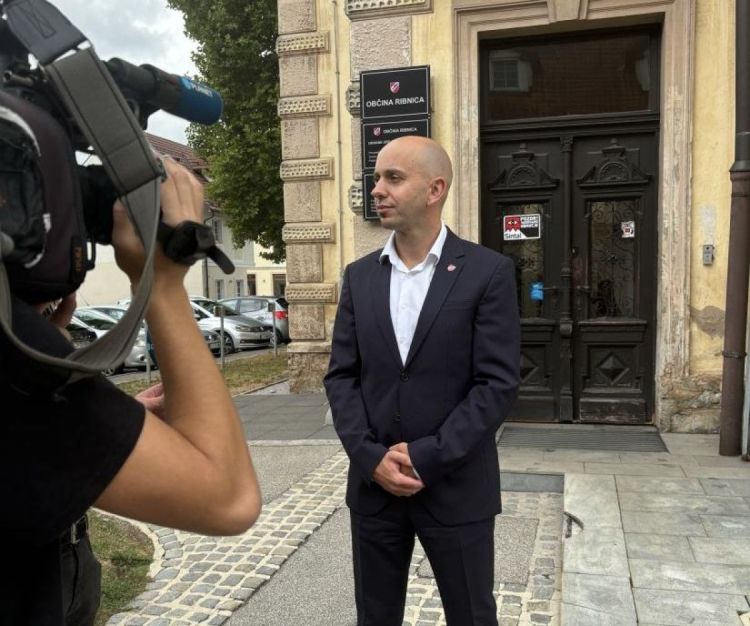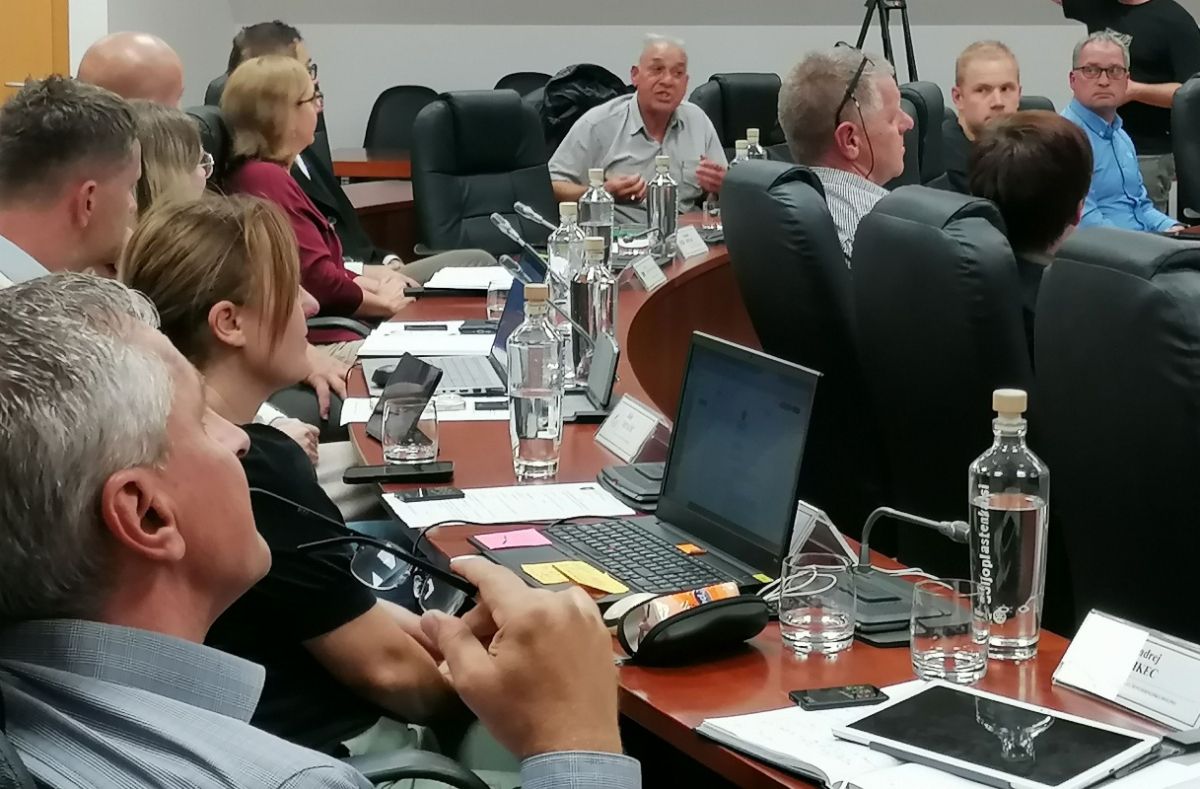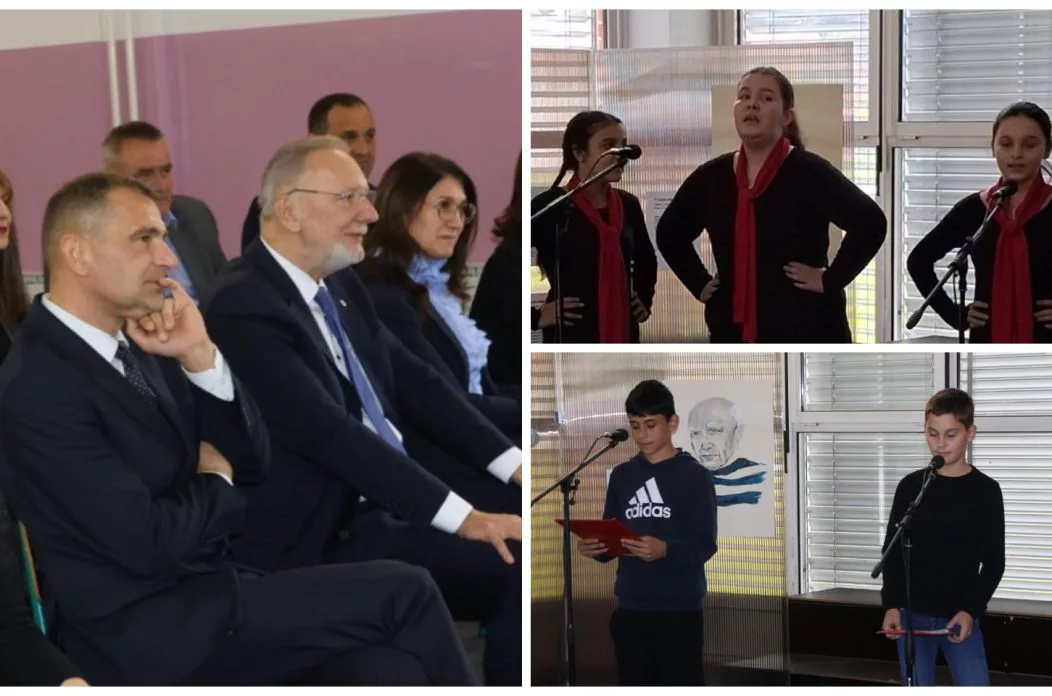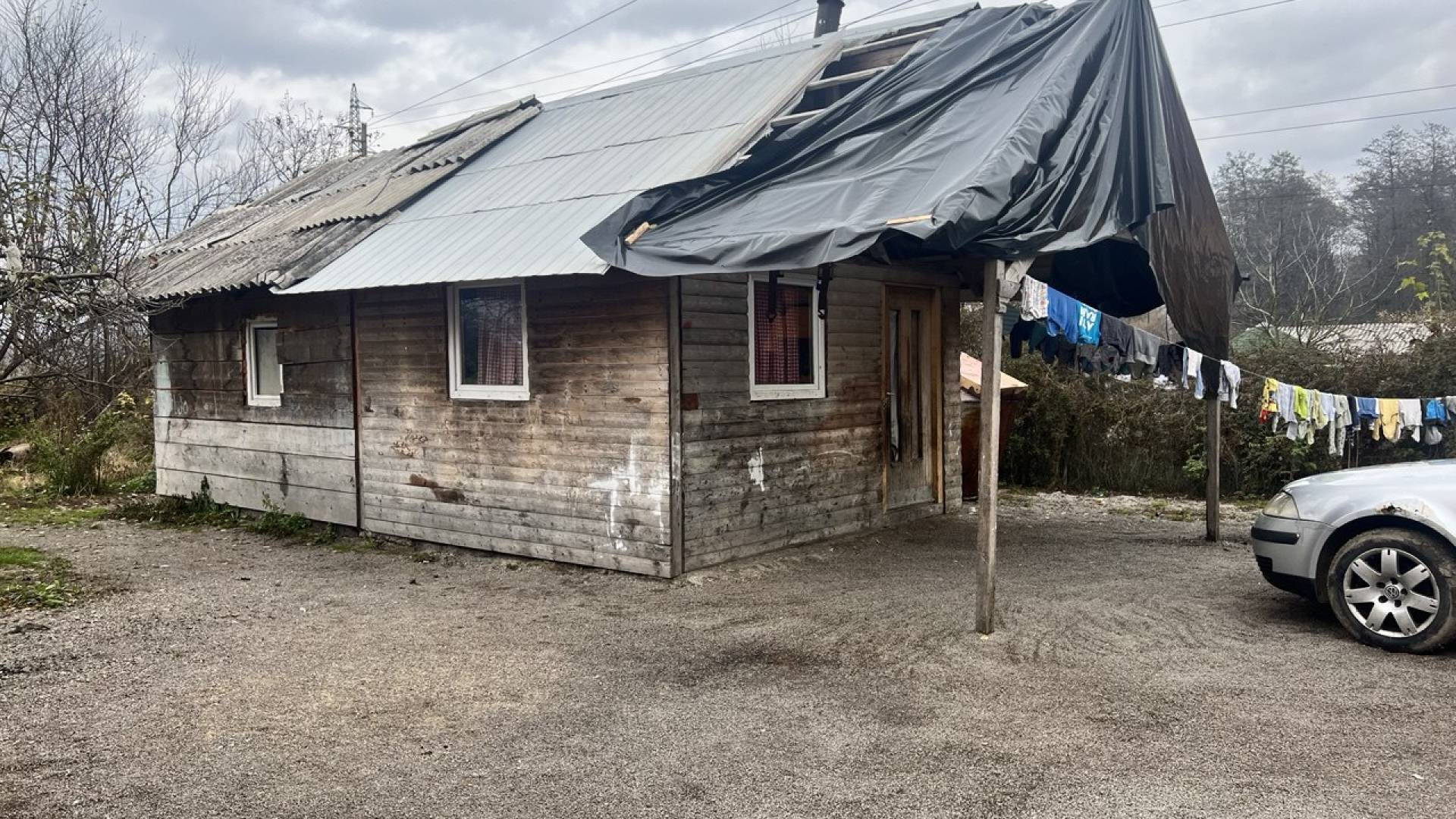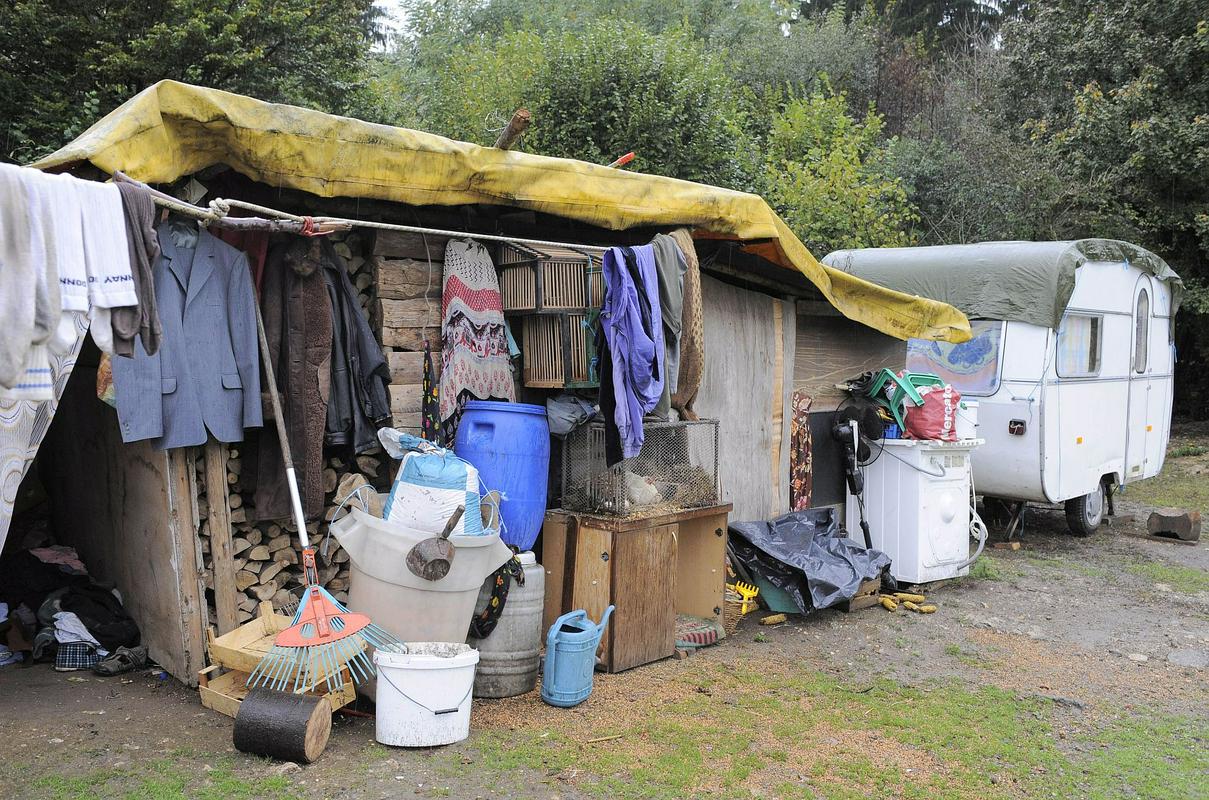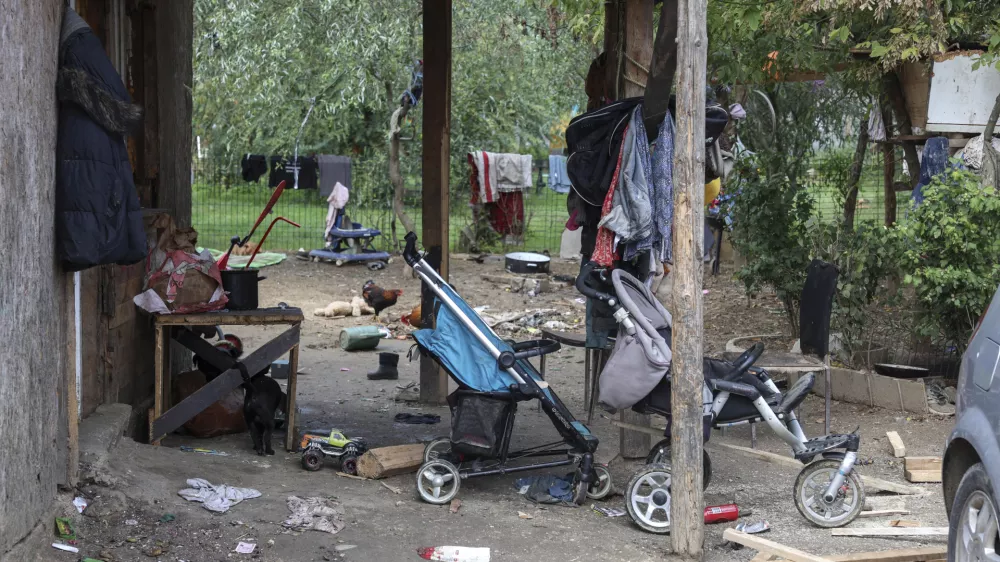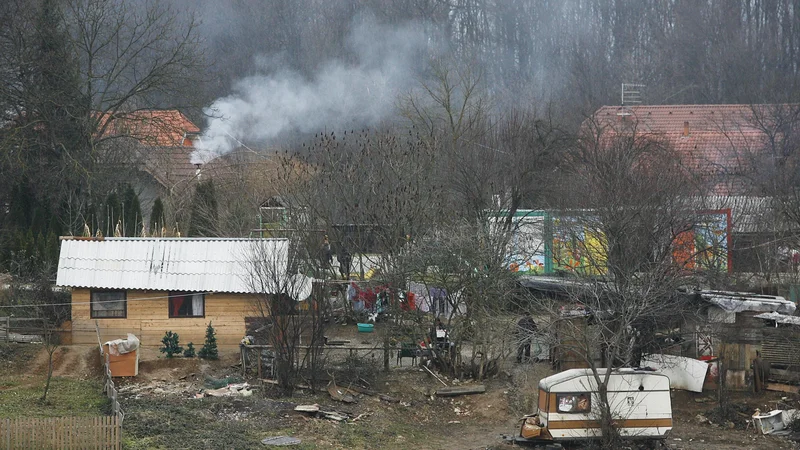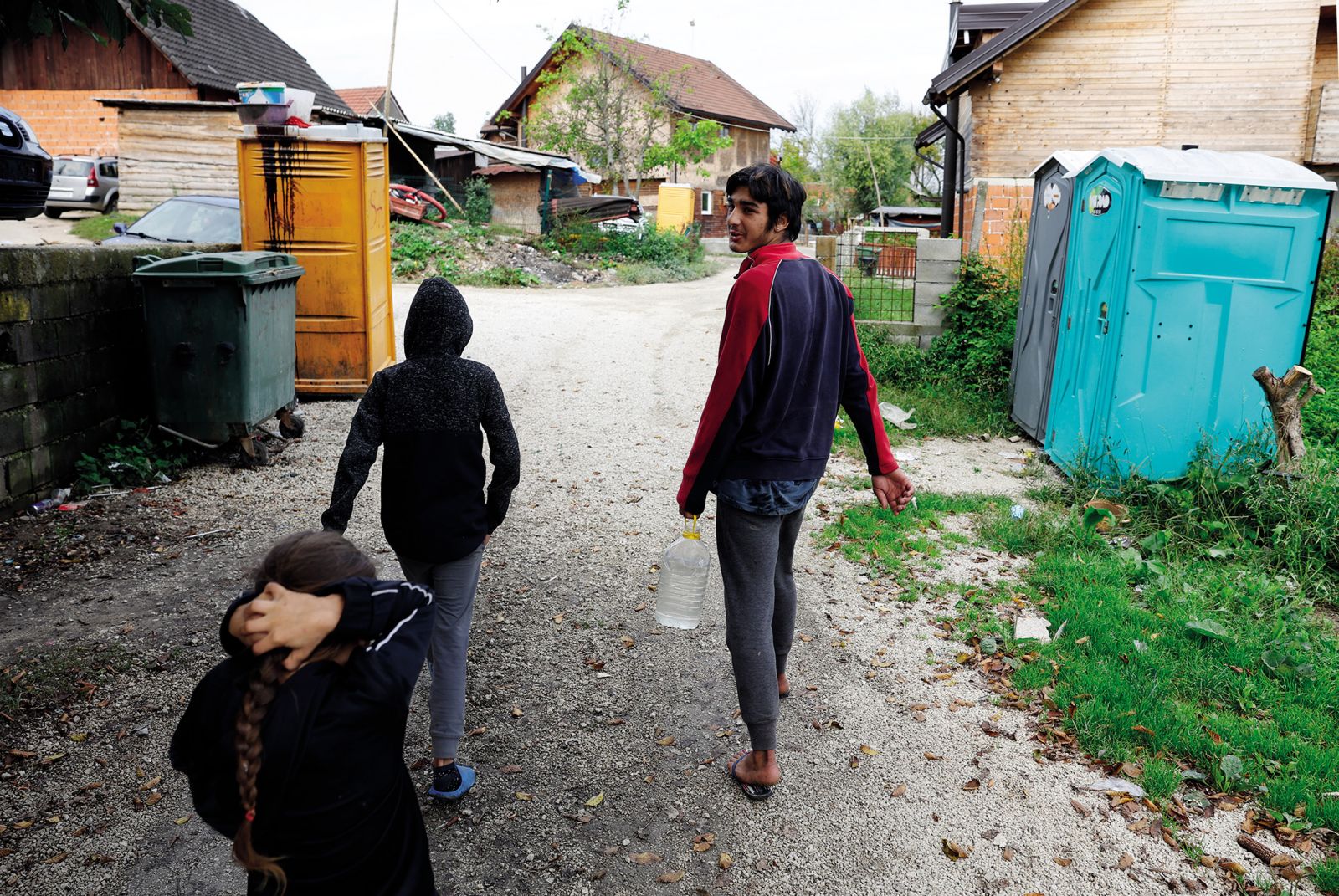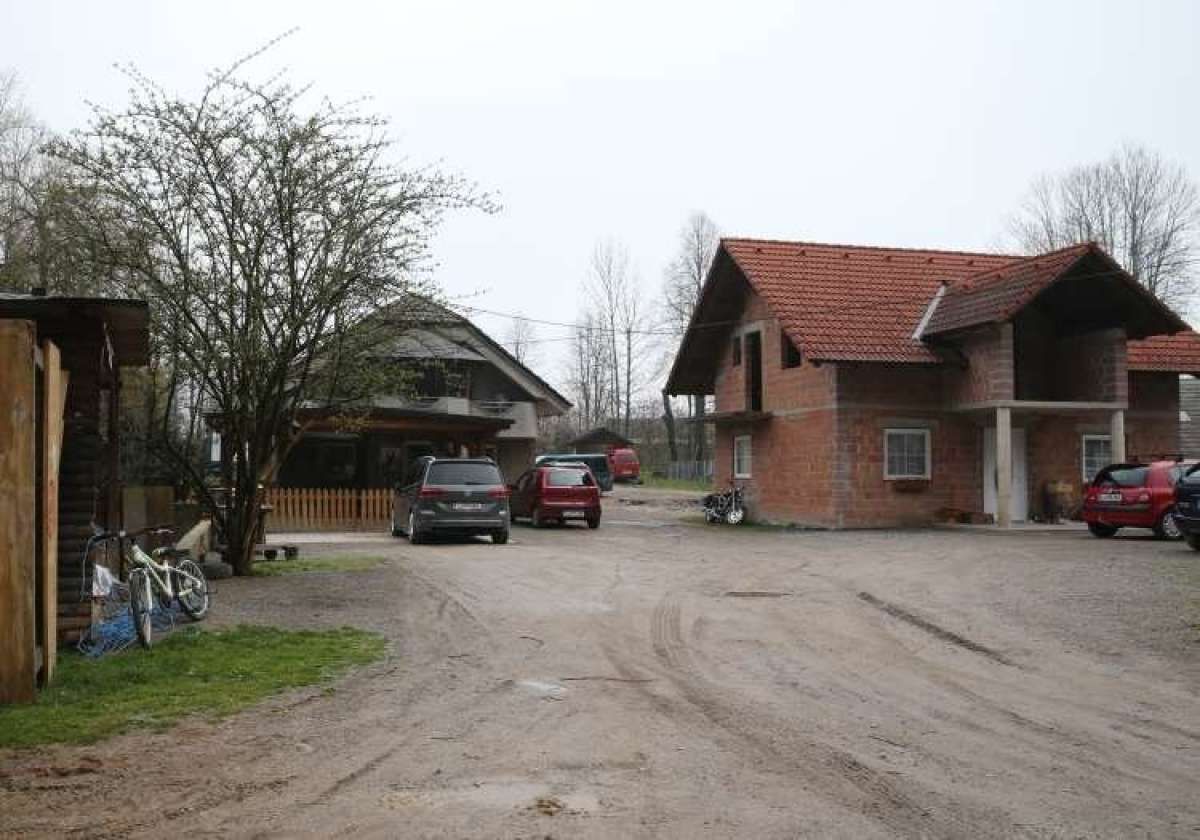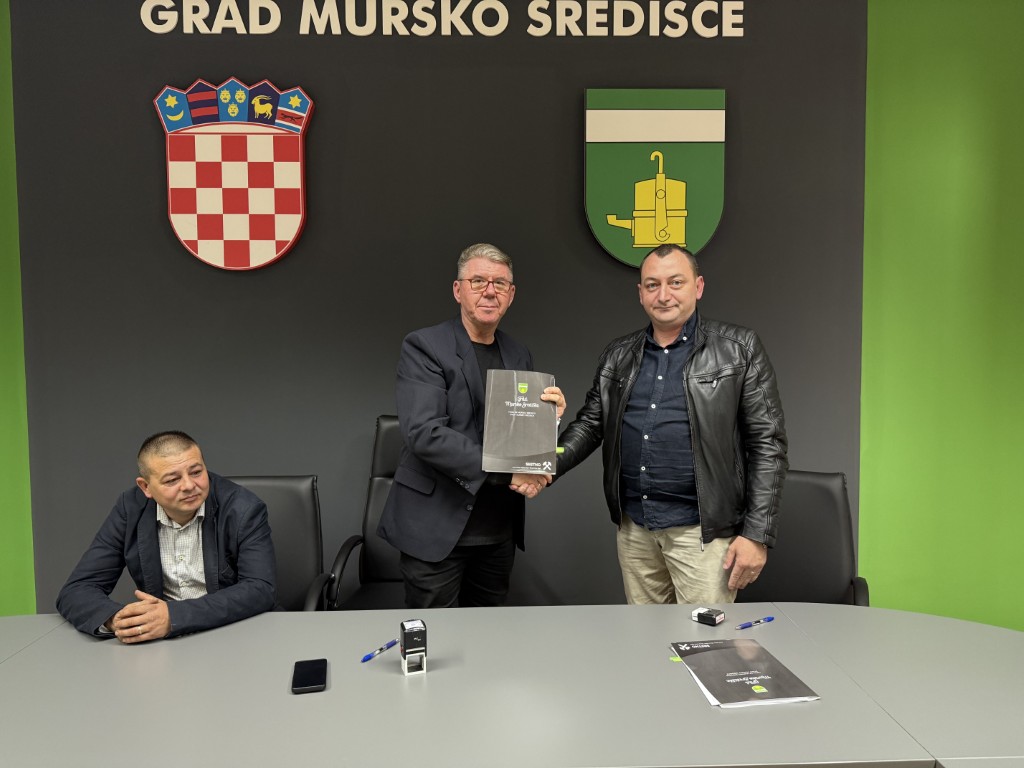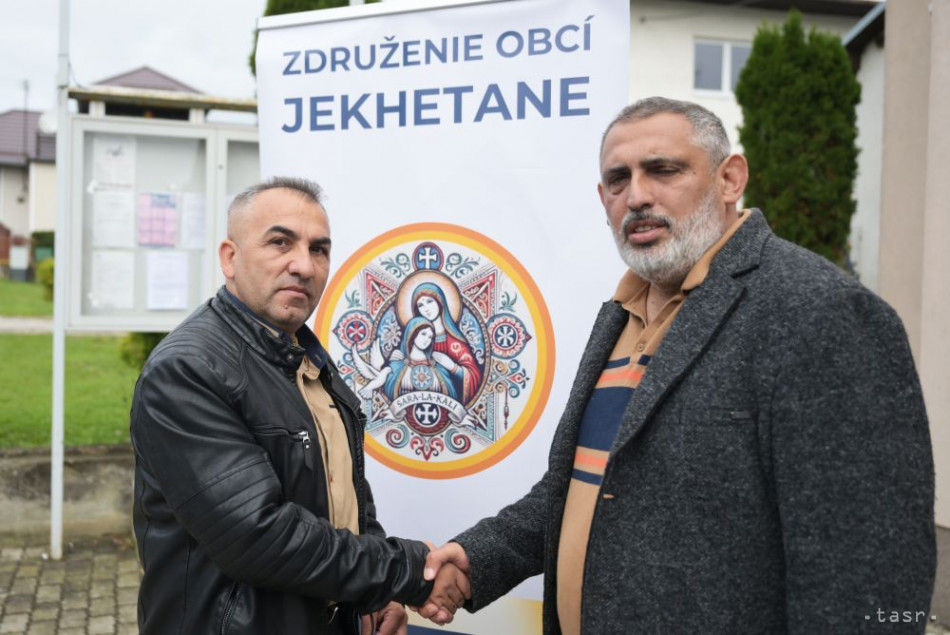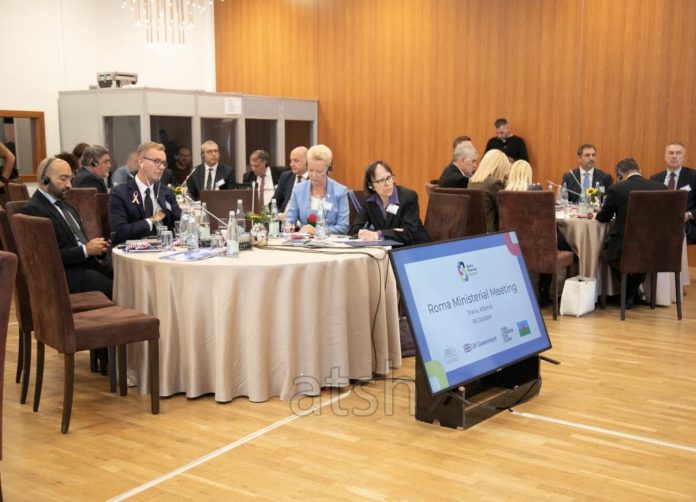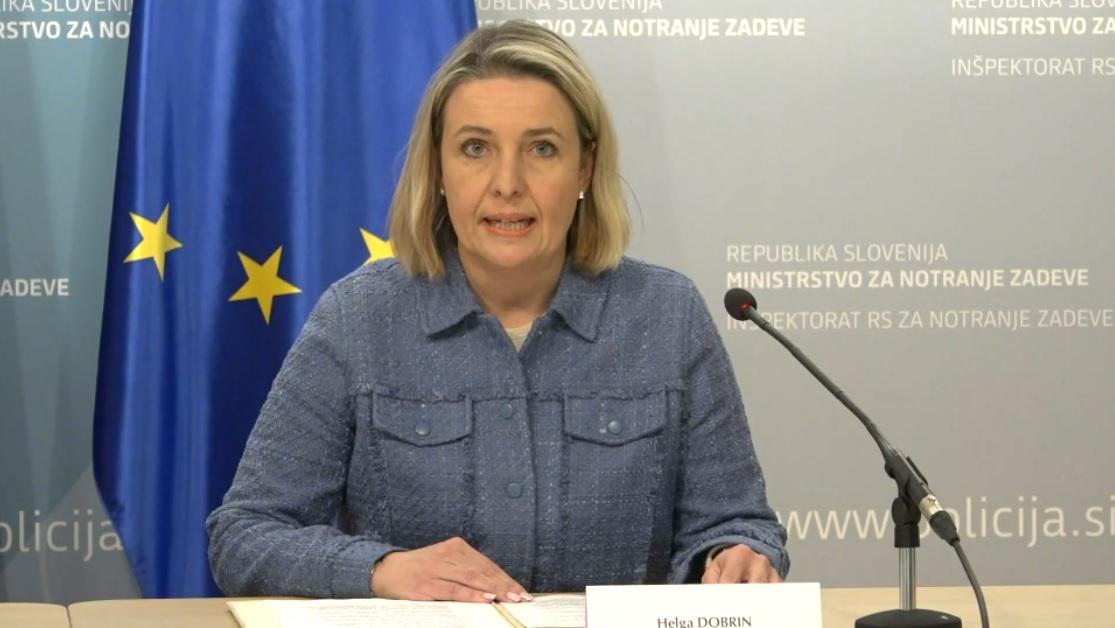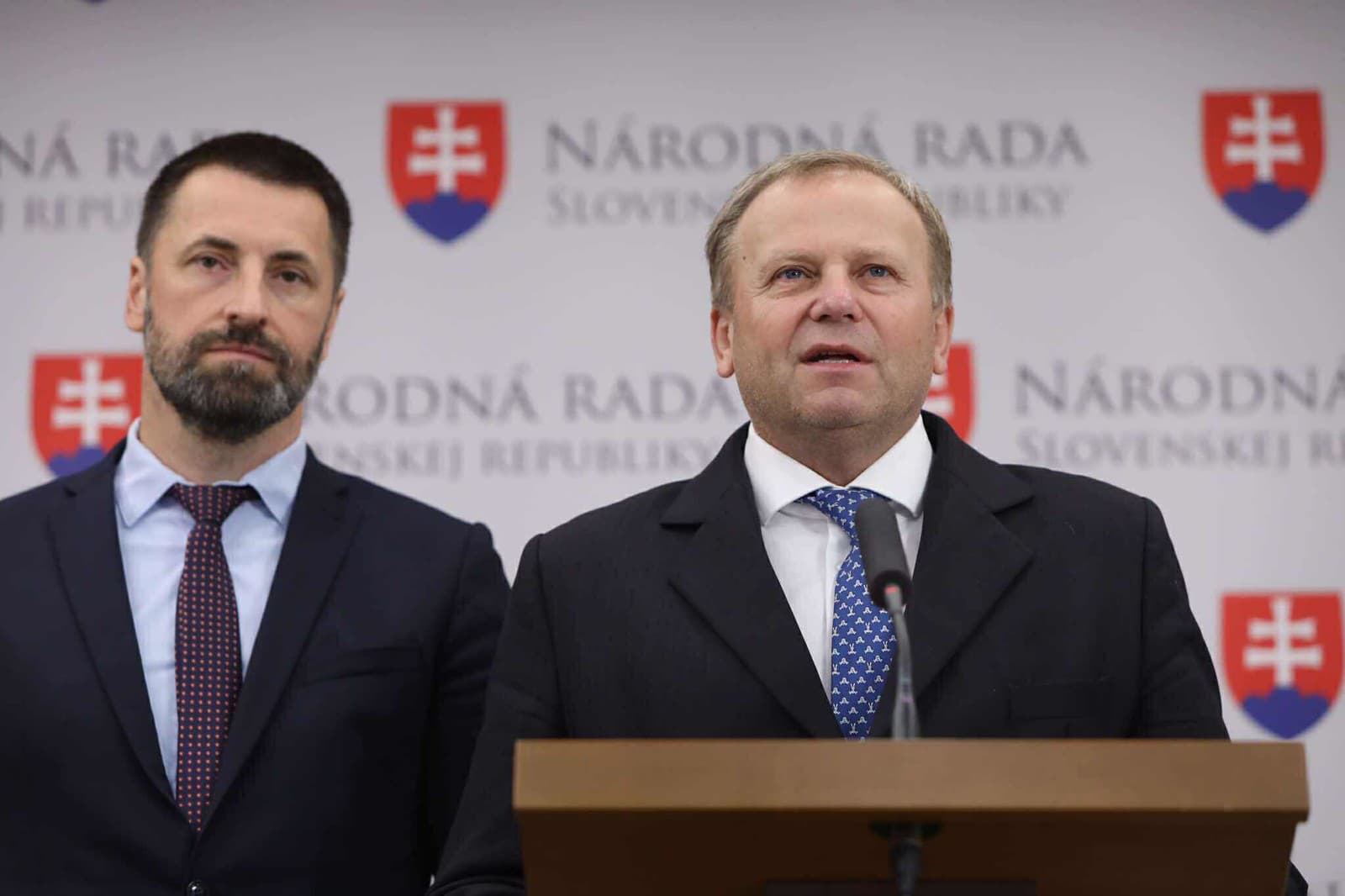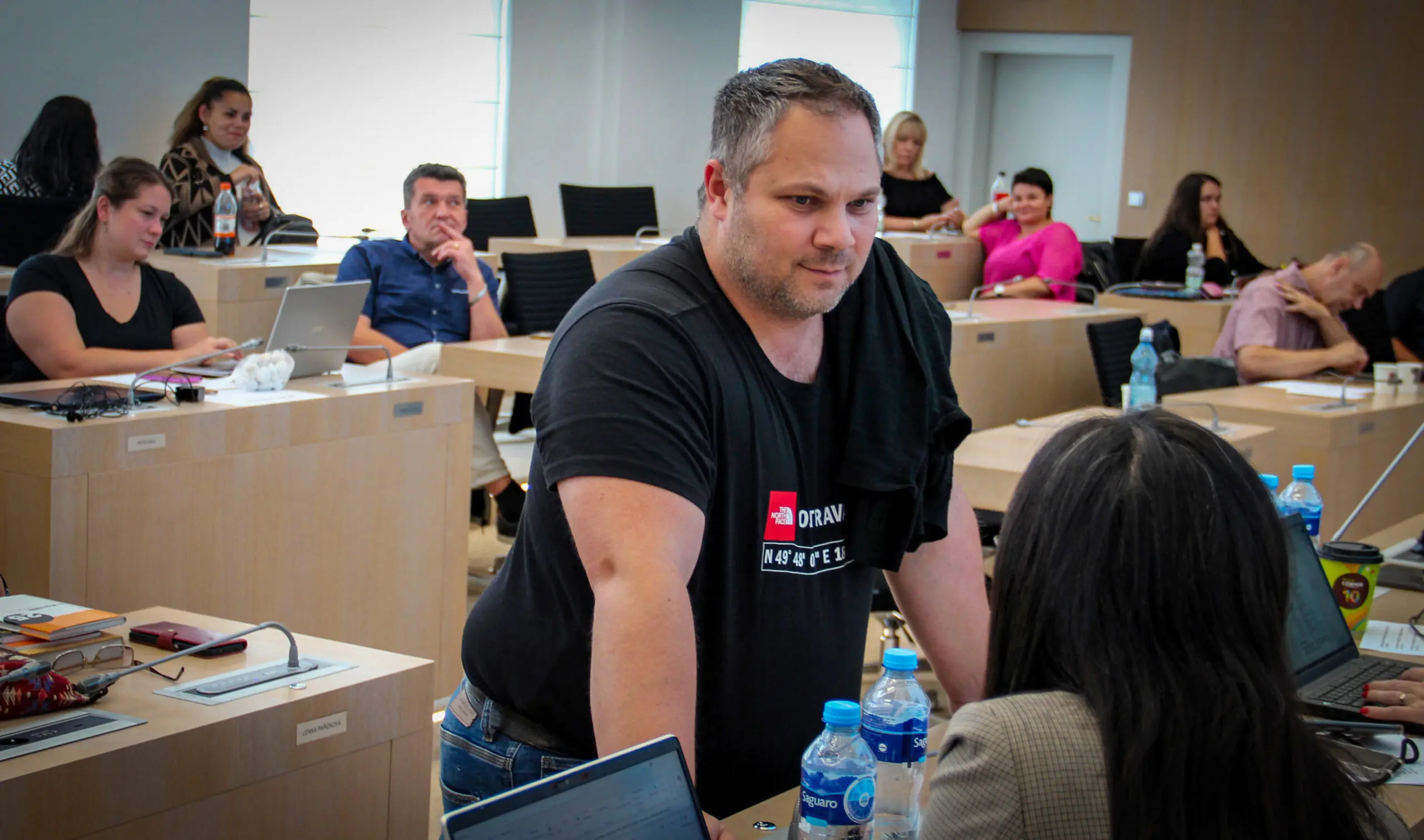“The activity entitled ‘Creation and Functioning of the Roma Media House as a Means of Improving the Media Image of Roma’ was excluded from the action plan for the priority area of combating anti-Roma racism and supporting participation, whose indicative budget for the years 2025-2026 was 20,000,000 euros,” the Government Office of the Slovak Republic, confirmed in the explanatory report to the plan.
- Zo stratégie na zlepšenie života Rómov vypadol mediálny dom. In: Dennik N. 23.11.2025. https://dennikn.sk/minuta/4986165/
- Rómsky mediálny dom sa zrejme realizovať nebude. In: Marker. 23.11.2025. https://marker.sk/spravy/1606/romsky-medialny-dom-sa-zrejme-realizovat-nebude


